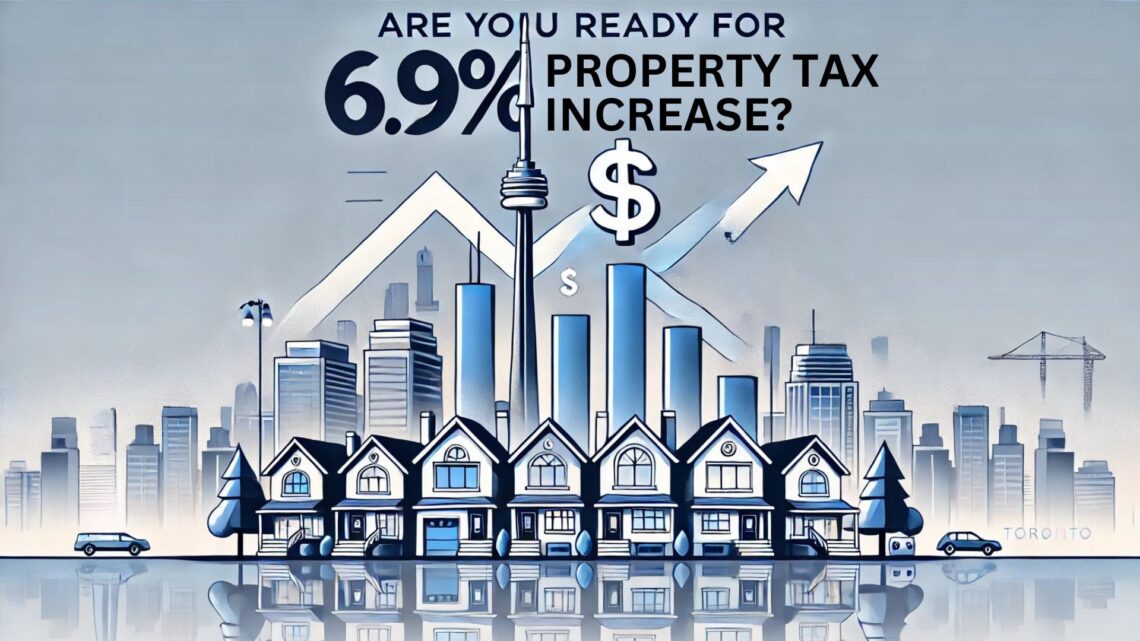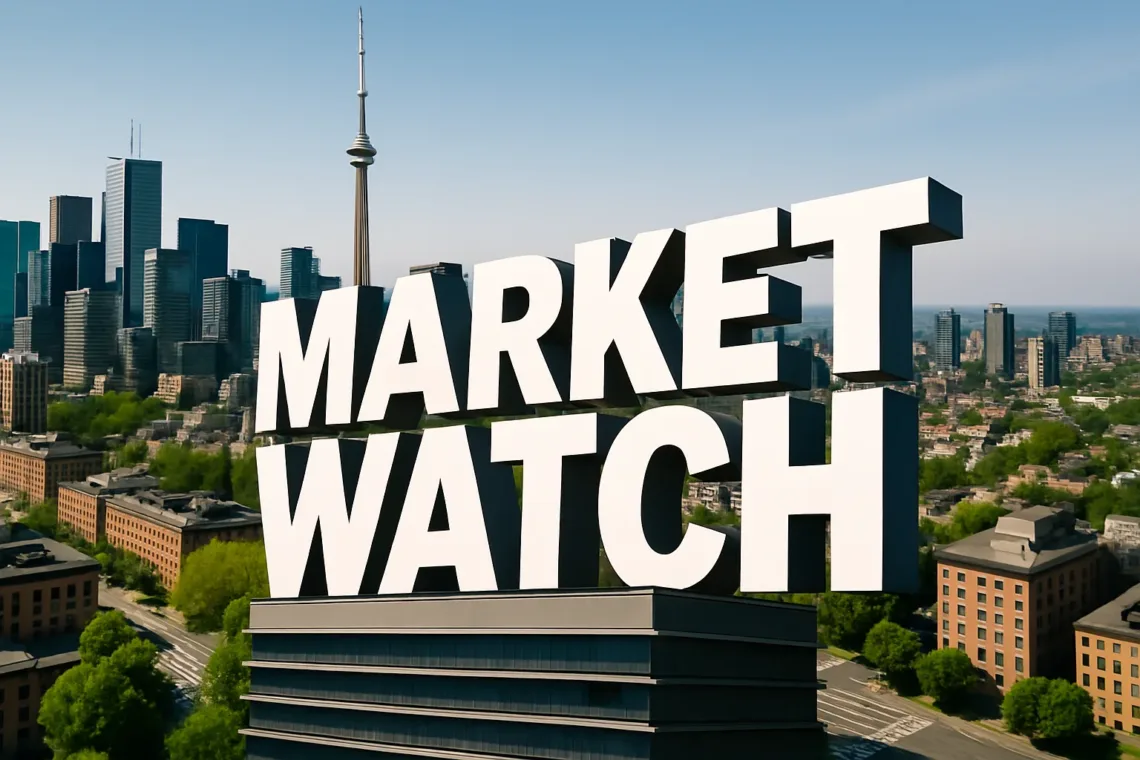
The City of Toronto has unveiled its proposed 2025 budget, led by Mayor Olivia Chow. This year’s spending plan includes a 6.9% property tax increase, leaving many homeowners wondering how it will affect their wallets and what it means for the city’s future. Here’s a breakdown of the key details and what they mean for you.
How Much More Will Homeowners Pay?
The 6.9% tax increase includes a 5.4% hike to fund operating expenses and an additional 1.5% dedicated to the City Building Fund, supporting capital projects like transit and housing. For the average Toronto homeowner, with a property assessed at $692,000, this will result in an extra $268 annually.
In addition, the city has approved a 3.75% increase to waste and water rates, further impacting household budgets.
Where Is the Money Going?
The $18.8 billion proposed budget, $1.8 billion higher than last year’s, focuses on investments in critical services:
- Public Transit: $94 million will be allocated to increase TTC service hours by nearly 6%. Good news for commuters: TTC fares will remain frozen.
- Emergency Services: 256 new front-line police officers, firefighters, and paramedics will be hired to improve public safety and response times.
- Libraries and Schools: Over 70 libraries will have expanded Sunday hours, and food programs will be delivered to an additional 8,000 students.
- Housing and Infrastructure: $2 billion is earmarked for housing and community improvements, including repairs to aging infrastructure and the purchase of 55 new subway cars for Line 2.
Mayor Chow emphasized the need to address Toronto’s long-standing infrastructure challenges, stating, “The longer we wait to fix things, the more expensive it becomes. This budget is about tackling those issues head-on.”
Criticism and Concerns
While the proposed budget aims to make Toronto a “more affordable, caring, and safer city,” critics argue that rising taxes are making life less affordable for residents.
Councillor Brad Bradford noted that despite tax increases, many residents feel public services haven’t improved. “You’re paying more and getting less,” he said, citing unreliable TTC services, skyrocketing housing costs, and growing encampments as ongoing issues.
Councillor Jon Burnside echoed concerns, warning about the lack of a clear roadmap to prevent future tax increases. “Where does it end? There are no promises that next year will be better,” he said, calling for tighter fiscal controls.
Efforts to Manage Costs
City staff reported finding $680 million in savings and efficiencies, including renegotiated shelter contracts and better management of the city’s vehicle fleet. Budget Chief Shelley Carroll praised these efforts as part of a multi-year strategy to achieve fiscal sustainability, while acknowledging that Toronto is still recovering from over a decade of underinvestment.
What’s Next?
The budget is not yet finalized. It will undergo public consultations and review by the budget committee before being approved. Under Ontario’s strong mayor legislation, Mayor Chow must finalize her version of the budget by February 1, with a council vote scheduled for February 11.
Key Takeaways for Homeowners and Investors
- Increased Property Taxes: Expect to pay an additional $268 annually if your home is assessed at $692,000.
- Improved Services: More transit options, expanded library hours, and enhanced emergency services are part of the plan.
- Rising Utility Costs: Waste and water rates will increase by 3.75%, impacting monthly expenses.
- Future Uncertainty: Critics warn of potential future tax hikes without a long-term financial plan.
What This Means for You
For homebuyers and sellers, understanding how city budgets impact property taxes is essential for making informed decisions. Rising taxes and utility costs may influence housing affordability and overall cost of living in Toronto. For investors, the city’s commitment to infrastructure improvements could enhance property values over time, but higher operating costs should be factored into financial planning.
Your Next Steps
Navigating Toronto’s real estate market amid rising taxes requires expert advice. Whether you’re buying, selling, or investing, we’re here to help you understand how these changes affect your goals.
Stay ahead of the market—follow our blog for more updates and insights. Ready to talk about your real estate plans? Contact us today for personalized guidance!
Contact Us
Equip yourself with the knowledge to navigate the complexities of the real estate landscape confidently.



